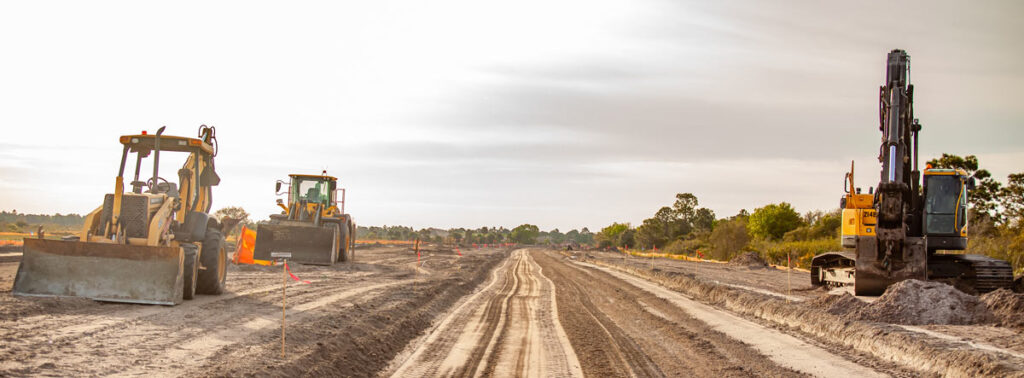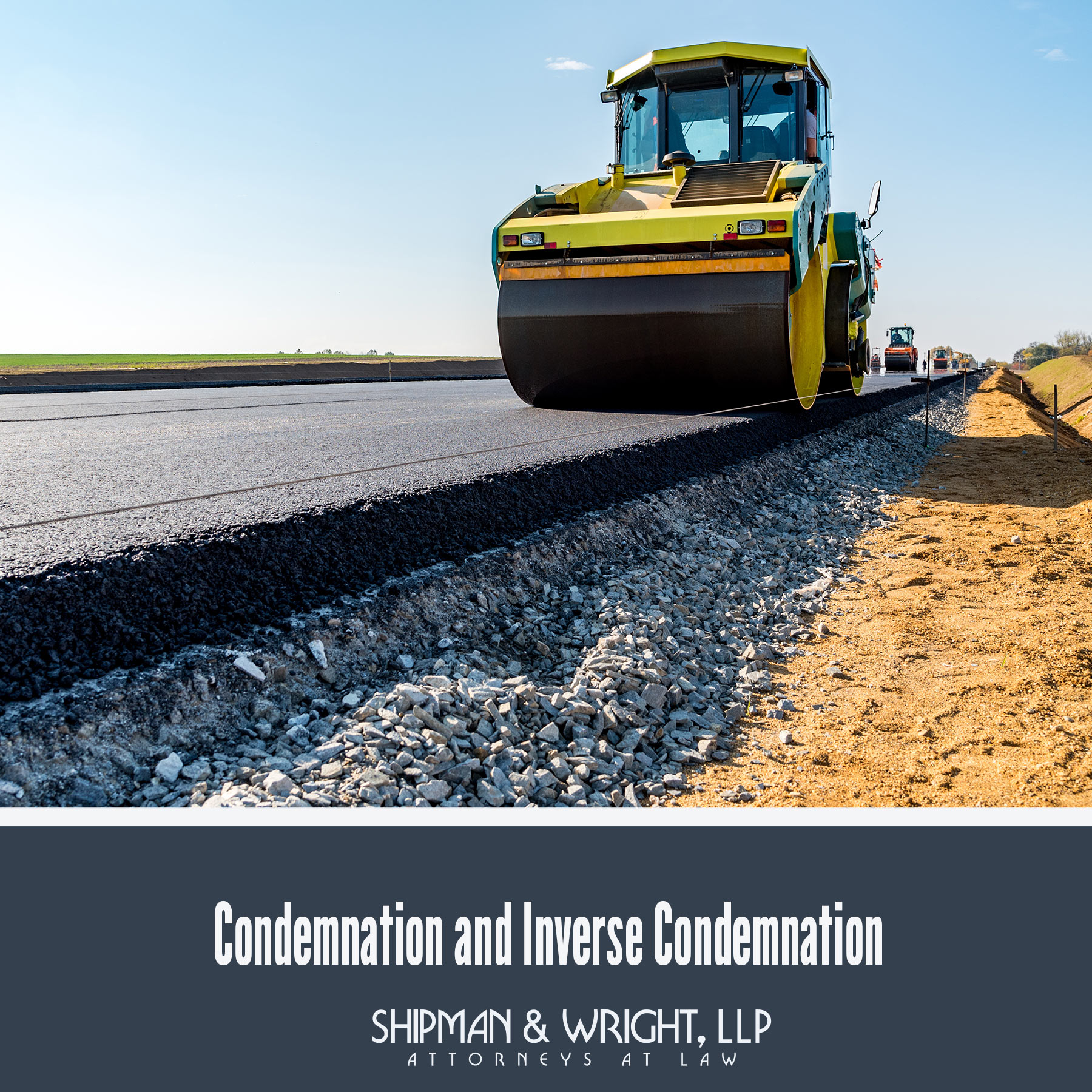The legal concepts of condemnation and inverse condemnation have affected property owners in North Carolina in various ways.
The government or a utility with the power to condemn property typically initiates a condemnation or eminent domain action. While a property owner typically initiates an inverse condemnation action, typically when the government or utility takes or adversely affects a property without complying with eminent domain procedures and/or without paying just compensation.

Attorney William Wright
One of the most significant impacts of condemnation in the state relates to eminent domain cases. In some cases, property owners may not sufficient compensation for their property when the government or a utility takes property for public use, leading to an inverse condemnation claim.
Another way inverse condemnation has affected property owners in North Carolina is related to natural disasters and flooding. When government agencies fail to take necessary measures to prevent flooding or other natural disasters, property owners may experience damage or loss of their property. Property owners may be entitled to compensation for the loss of their property under an inverse condemnation claim.
The North Carolina Department of Transportation’s (NCDOT) use of eminent domain/condemnation to build new roadways has also significantly impacted property owners. The process can be complex and contentious, as the NCDOT often takes portions of multiple properties to create an adjacent right-of-way. This can lead to disputes over the value of the property taken and the impact or loss to the remaining property.
Property owners may have difficulties negotiating with the NCDOT and its agents, who may not offer fair compensation in the opinion of the property owners for the property taken. Building new roadways can also have environmental impacts and disrupt established neighborhoods, historic districts, and farmland, leading to displacement and loss of community identity.

In recent years, inverse condemnation has also been a significant issue in North Carolina related to the construction of the Atlantic Coast Pipeline. Property owners in the pipeline’s path argued that the pipeline’s construction would result in an unconstitutional taking of their property without compensation. Although the pipeline project was eventually canceled, the case highlighted the challenges faced by property owners in inverse condemnation cases.
Overall, property owners in North Carolina need to be aware of their rights when dealing with eminent domain and/or inverse condemnation cases. Seeking legal assistance can help protect their interests and ensure they receive fair compensation for their property.







